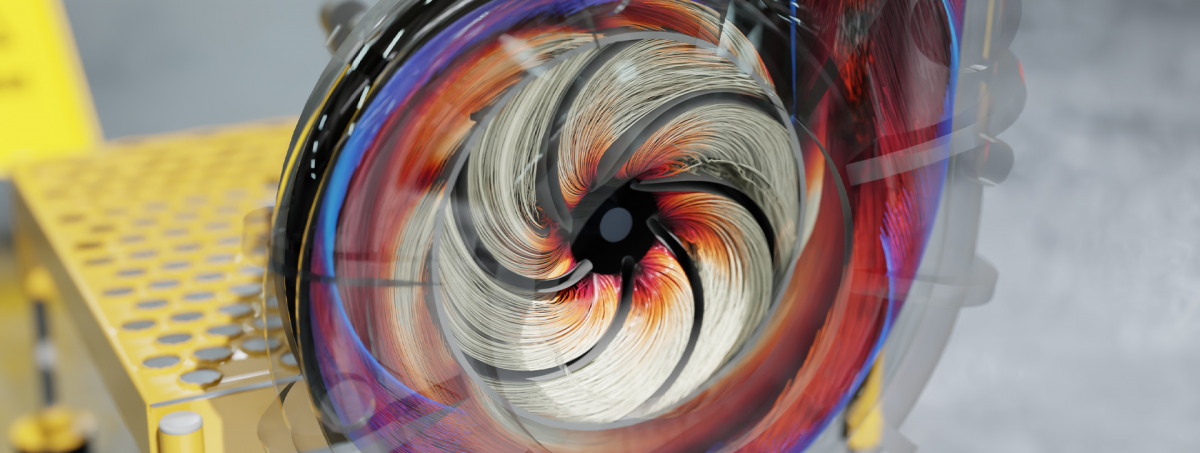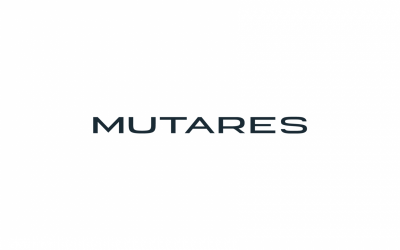NVIDIA has unveiled a transformative leap in computational engineering with its new AI-powered simulation framework, PhysicsNeMo, and its DoMINO NIM microservice, accelerating design processes in aerospace, automotive, and advanced manufacturing by up to 500x.
Through GPU acceleration and AI-driven physics modelling, industry leaders such as Northrop Grumman, Blue Origin, Luminary Cloud, and Synopsys are reimagining how complex systems are designed and validated. These breakthroughs enable near real-time modelling of vehicles, spacecraft, and heavy machinery—cutting development cycles and dramatically improving design precision.
For instance, Synopsys’ integration of NVIDIA PhysicsNeMo has slashed simulation runtimes from hours to minutes, combining GPU acceleration with AI-initialised fluid dynamics to achieve unmatched computational efficiency. This fusion of physics-based AI and high-performance computing is proving to be a catalyst for rapid product innovation and smarter engineering decisions.
In aerospace, Northrop Grumman and Luminary Cloud are leveraging the platform to design and optimise spacecraft thruster nozzles, running thousands of virtual tests to pinpoint optimal performance profiles. Blue Origin is applying the same technology to model next-generation space vehicles, using AI-trained models to refine designs before physical validation.
Meanwhile, Cadence Design Systems is using NVIDIA CUDA-X–powered tools to accelerate fluid dynamics and multiphysics simulations, helping manufacturers shorten design loops, enhance energy efficiency, and improve system reliability.
With PhysicsNeMo, NVIDIA is not only redefining digital twin technology—it’s reshaping how industries conceptualise, simulate, and scale engineering innovation. This marks a pivotal moment for computational design, positioning AI-physics as a foundation for the next generation of sustainable, high-performance systems.
Read the full report for insights into how NVIDIA’s AI physics is transforming global engineering and industrial R&D.












.png)

